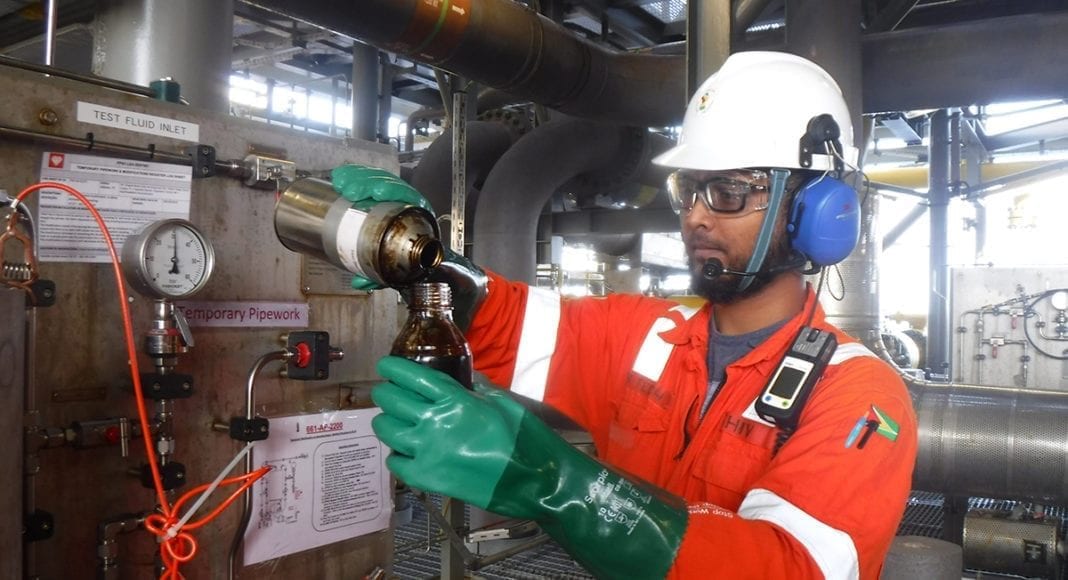Ahead of veterans like Norway and Mexico, Guyana is projected to become the world’s fourth-largest oil producer by 2035, according to a new United Nations Economic Commission for Latin America and the Caribbean (ECLAC) report.
“The dynamic performance of the sector is supported by the volume of greenfield project announcements in the country,” ECLAC said
Guyana, since its first discovery in 2015, has been expanding not only its oil reserves but production and its revenues each year.
According to the Financial Times (FDI) Markets database, where projects totalling US$8 million were announced in Guyana in 2020 – the first investments in the sector since 2013 – a total of US$33 million was announced in 2021, and in 2022 the figure surged to US$10.033 billion.
“All of these investments were made in the initial (upstream) phase of the value chain. In a hydrocarbon market that is increasingly competitive, in terms of both price and carbon intensity, Guyana’s oil is highly competitive. Most of the resources extracted in the country are of the light variety, with low exploration costs and an emissions intensity below the world average,” the report outlined.
Schreiner Parker, Senior Vice President & Head of Latin America at Rystad Energy, says Brazil and Guyana can produce oil profitably at $35 per barrel, less than half the price of a barrel today. Parker is quoted in a recent article in The Economist as saying that the amount of CO2 equivalent emitted per barrel is 10kg, compared with a global average of 26kg.
“Brazil and Guyana have the privileged barrels the market is going to seek out,” he said.
By 2029, Guyana is projected to net a total of US$13 billion in oil revenues, the report noted. And those figures highlight the economic importance of oil production for Guyana and the potential for the country’s future productive development represented by the use of these resources.
Guyana currently has two projects online – Liza 1 and Liza 2 producing a total of 375,000 barrels per day (bpd) combined. Four more floaters will be added by 2027.
Payara, the third project, is coming onstream later this year with production of around 220,000 bpd. Next up is Yellowtail, expected in 2025 with an output of 250,000 bpd. Uaru is expected to produce up to 250,000 bpd. And Whiptail, the sixth, is expected to produce up to 275,000 barrels.
2027 is the year ExxonMobil, the Stabroek Block operator, plans to meet 1.2 million barrels of oil per day in output, with six floating production vessels operating simultaneously.
ExxonMobil said there is potential for up to 10 floating production vessels to develop the resource. The sector is also expected to expand at the conclusion of Guyana’s first offshore licensing round.




